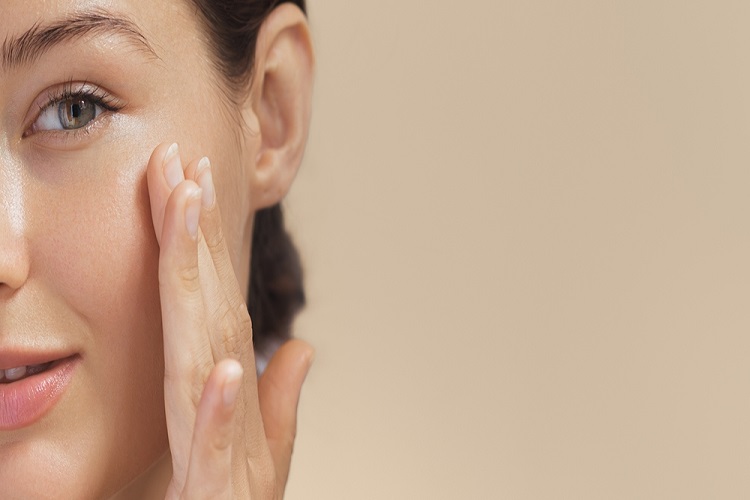The digestive system plays a significant role in distributing the energy to the overall body. Hence the food and water we take in, our digestive system breaks down the food in granular form to fuel the building blocks of our body. But our digestive system is vulnerable to certain habits and other factors that reduce the efficacy of the system and cause digestive disorders. Usually our lifestyle choices, eating and drinking habits, aging and other diseases affect the digestive system. Digestive disorder is basically the disorder of the gastrointestinal (GI) tract, that effect normal working of the digestive system.
Table of Contents
Symptoms of Digestive Disorder
The usually early symptoms of the digestive disorder are:
- Swallowing problems
- Constipation
- Diarrhea
- Nausea and vomiting
- Weight gain or loss
- Bloating
- Pain in the belly
- Incontinence
- Bleeding
- Heartburn
Diseases of Digestive Tract
Digestive disorder can give birth to numerous diseases of liver and digestive tract. Some of the diseases are irritable bowel syndrome, lactose intolerance and even cancer. Other diseases include rectal problems like rectal prolapse, hemorrhoids anal fissure and proctitis. Moreover, cholangitis, gallstones, cholecystitis, pancreatic pseudocyst, pancreatitis and esophagus difficulties, such asachalasia and stricture (narrowing). Some liver diseases are also included as digestive disorders such as cirrhosis, autoimmune,liver failure, alcoholic hepatitis and hepatitis B or hepatitis C. While many intestinal diseases are yet be mentioned. Diseases such as short bowel syndrome, intestinal ischemia, celiac disease, polyps, Crohn disease,ulcerative colitis, malabsorption, cancer and diverticulitis are intestinal diseases. And moreover hiatal hernia, gastroesophageal reflux disease (GERD) and peptic ulcer disease are also intestinal disorders.
Treatments of Digestive Disorder
Though many are many professionals in the medical science field but gastroenterologist are specialist in diagnosing and treating digestive disorders. Other than that many dietitians and nutritionists may help in this regard due to the fact that most digestive disorders are due to unhealthy eating and lifestyle. Moreover, surgeons, nurse practitioners (NP), primary care doctors, radiologists and holistic doctors can also provide the treatment for various digestive disorders. The treatment of digestive diseases involves the liver and digestive tract, which usually include the stomach, biliary tract duodenum, gallbladder, pancreas, small intestine and colon.
While there are systematic procedures and treatments for the digestive diseases there are always choices that one can make in lifestyle and diet to cure the disease before it reaches the final stage. While severe digestive disorders need help from the gastroenterologists. Some of the treatment options are discussed below:
Changing Lifestyle:
As already discussed many of the digestives disorders are the consequence of unhealthy lifestyle. That is why implementing good habits like exercise, yoga and meditation can improve the overall health and digestive system function. It can increase the metabolism rate and as well as oxygen in the blood.
Changing Eating Habits:
The food one eats directly affects the digestive system. Quitting spicy, junk, alcohol, soda, cold drink extra oil and low fiber foods can help overcome the mild form of the disease. Seeking help from a dietician or nutritionist can relieve you from the symptoms faster as tell caninform you better on healthy eating. Switching to foods with high fiber, drinking appropriate amount of water and eating less sugary foods can certainly maintain the balance of the body. In certain cases, there is life time restraint such as in Coeliac Disease gluten has to avoided.
Medications:
In cases, digestive diseases need medications. Such as antibiotics areprescribed in bacterial andparasitic infections. The length of the course demands on the disease plus various other factors like age and level of disease. While antacids and pain medications are prescribed for heartburn and abdominal pain respectively. But even certain medications require food control and avoidance.
In addition, some digestive diseases need surgery and others endoscopic treatments.










Comments